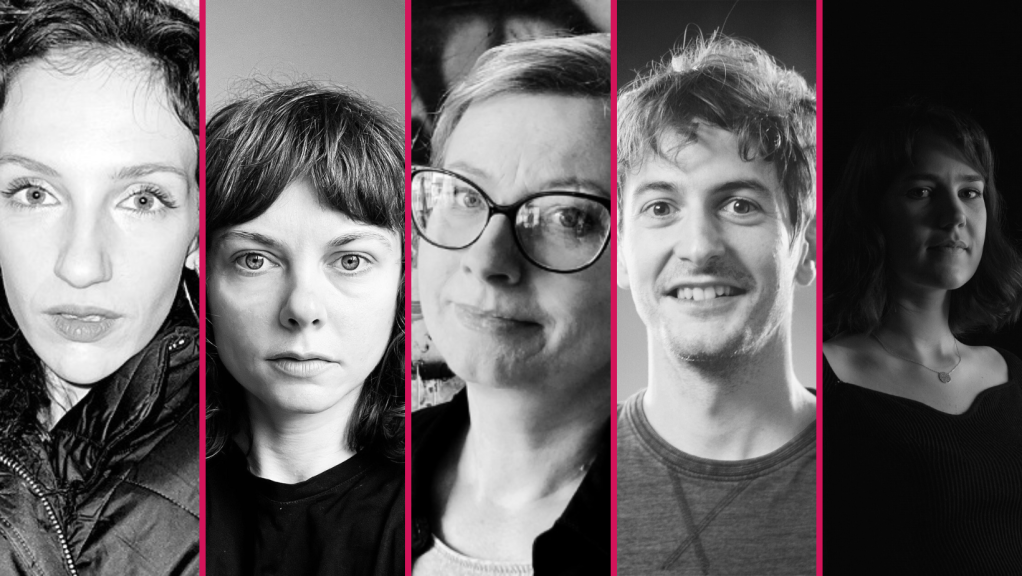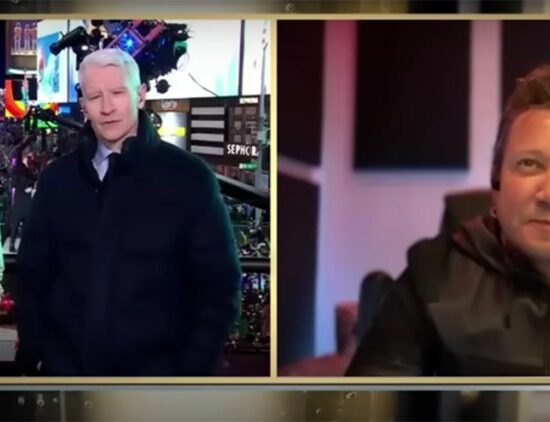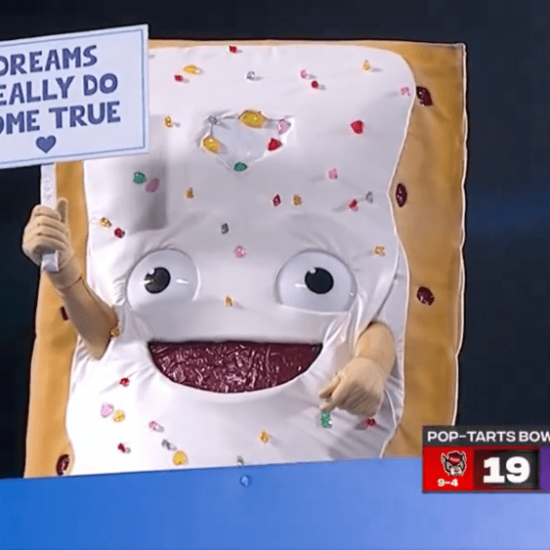
EXCLUSIVE: The Europe-based Pop Up Film Residency mentorship program has unveiled the filmmakers and mentors who will participate in its summer 2023 edition.
The program, which is among several feature development initiatives spearheaded by former TorinoFilmLab artistic director Matthieu Darras, consists of three-week residencies focused on mentoring filmmakers through the development of a feature project. Darras works together with Polish producers Iza Igel and Marta Lewandowska. This year the residency will be mounted in Warsaw and Wroclaw, Poland, from July 4 — 25.
Mentors for the upcoming edition include Polish director Anna Jadowska (Woman On The Roof, Tribeca 2022), Ukrainian director Dmytro Sukholytkyy-Sobchuk (Pamfir, Cannes 2022), Polish director Aleksandra Terpinska (Other People, Tallinn 2021), Hungarian—Canadian writer/director Anita Doron (The Breadwinner, 2017), Script consultants Michaela Sabo and Aleksandra Swierk, and Lithuanian producer Marija Razgute (Slow, Sundance, Karlovy Vary 2023).
Five feature directors will join the program, including Polish filmmaker Katarzyna Trzaska, whose last feature, Nauka Latania, screened at the Warsaw Film Festival. She will develop her new feature Against the Grain, which tells the story of Gaba, a nail specialist from the city of Lodz, whose daily routine circles among clients in the beauty salon and her working-class family and friends. Her life turns upside down when she meets Zocha, a radical feminist activist from a wealthy family who wants to change the world for the better.
For the first time this year, a project from Ukraine will join the residency. Filmmaker Alina Matochkina will join the program with Mother, a feature set in Kyiv in 2016. The plot follows Lidia (25), who moved to the capital seven years ago from a provincial town in eastern Ukraine, where her parents still live. She has a highly complex relationship with her mother, they do not accept each other’s lifestyle, communicate in different languages, and see each other only on New Year’s Eve. This relationship negatively affects Lidia’s self-acceptance and self-actualization. She uses her knowledge from psychology podcasts to improve the situation with her mother. From a new acquaintance, Lidia learns that the key to changing the situation lies not in altering her relationship with her mother, but in changing her own attitude towards her. Now Lidia must reboot her own system.
The residents are selected through a network of creative partners including the Karlovy Vary IFF’s Eastern Promises Industry Platform in the Czech Republic, the Febiofest Bratislava in Slovakia, the Budapest Debut Film Forum in Hungary, the Platform for Scriptwriters Terrarium in Ukraine, and the New Horizons Film Festival in Poland.
“The Pop Up Film Residency Visegrad will definitely nurture films that capture Central Europe’s zeitgeist, with an appetite for stories that can be violently and funnily satirical, highlighting and mocking the many contradictions and antagonisms of Visegrad countries’ conservative and prejudiced societies,” Darras said. “Prepare for exacerbated generational gaps and plenty of wealth inequality. Christian kitsch vs radical feminism; devoted male strippers and (non)-gay altar boys; plastic surgeries, nail beauty salons, and psychology podcasts. Our emerging filmmakers don’t spare their characters for a second, plunging them into whirlpools of confusing emotions. Does any of it make sense? Can the wild parties be overcome? Let’s hope for pacified closures or maybe not.”
The complete list of summer 2023 projects:
Katarzyna Trzaska with Against the Grain (Poland)
Producers: Zygizaga Robert Zygmuntowski and Joanna Banach
Synopsis: Against the Grain tells a story of Gaba, a nail specialist from the city of Lodz, whose daily routine circles among clients in the beauty salon and her working-class family and friends. Her life turns upside down when she meets Zocha, a radical feminist activist from a wealthy family who wants to change the world for the better.
Terézia Halamová with The Hour Between Dog and Wolf (Czech Rep./Slovakia)
Producer: Natalia Pavlove
Synopsis: The Hour Between Dog and Wolf details the wild journey of Rudo (25) and four other male strippers on their annual tour through the Czech Republic via Poland and Slovakia. Busy nightly performances are interrupted by the everyday reality of small towns. Wild parties, Christian kitsch, and bottomless drug abuse. Why can’t a man be happy from the moment he wakes up until he falls asleep?
Anna Korom with Lady Sunshine (Hungary)
Co-writer: András Soós. Producer: Anna Szijártó
Synopsis: Mária (55), a reclusive beautician, spends all her money on plastic surgeries. She lives and works in a run-down district of Budapest. One day as she appears on a Talent TV show, she reunites with the love of her youth, Kálmán (60). However, he doesn’t recognise her. Desperate to avoid exposure, she undergoes more and more surgeries, that only bring her closer to being revealed.
Alina Matochkina with Mother (Ukraine)
Producer: Eugene Rachkovsky
Synopsis: Kyiv, 2016, Lidia (25) moved to the capital seven years ago from a provincial town in eastern Ukraine, where her parents still live. She has a highly complex relationship with her mother (44), they do not accept each other’s lifestyle, communicate in different languages, and see each other only on New Year’s Eve. This relationship negatively affects Lidia’s self-acceptance and self-actualization. She uses her knowledge from psychology podcasts to improve the situation with her mother. From a new acquaintance, Lidia learns that the key to changing the situation lies not in altering her relationship with her mother, but in changing her own attitude towards her. Now Lidia must reboot her own system.
Daniel Rihak with My World Upside Down (Slovakia)
Co-Writers: Peter Gašparík and Ján Štiffel. Producer: Martina Saková
Synopsis: My World Upside Down is a comedy about an altar boy from a small conservative village in Slovakia. Miško (12) needs to solve a complicated problem. He wants to be just like his brother Lukáš (17) – big, strong and reasonable. Yet he’s still small, naive and secretly in love with his brother’s girlfriend Linda (16). While trying to impress her, a misunderstanding happens and the whole village starts to think Miško is gay. He tries in vain to get rid of the accusation, nobody wants to play with him or talk to him. The only one left is Jesus. Will they be able to overcome the prejudices together?













